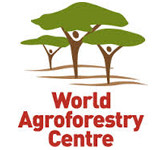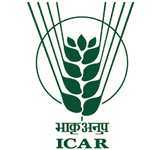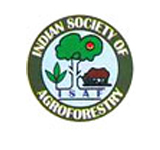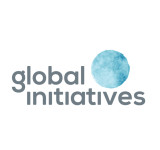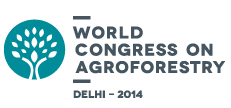
Vigyan Bhavan & Kempinski Ambience
10 - 14 February 2014
Delhi, India
blog

Men carve a pattern from a paper template. Jepara, Central Java, Indonesia. Photo by Murdani Usman/CIFOR via Flickr
People in Europe buy furniture made from Indonesian timber. They want to know that the wood is harvested legally. New EU import rules will start soon. For farmers in Indonesia, it looks like more and more paperwork with no guarantee of new markets and better income.
The European Union has agreements called Forest Law Enforcement, Governance, and Trade (FLEGT) between itself and countries that grow tropical timber. New FLEGT rules from January 2014 will have an effect on regulations in Indonesia that govern how the 5 million or so smallholding timber growers on Java in Indonesia operate.
These smallholders produce most of the timber for the USD 1 billion worth of annual furniture exports. Their operations are already regulated to greater or lesser degrees along the entire length of the value chain, from choice of land and seedlings through harvest, sale, transport and manufacture to export. There are a number of organizations that support, or purport to support, smallholders navigate the maze of regulations and charges, adding further layers.
The set of rules through which FLEGT is implemented in Indonesia is called Sistem Verifikasi Legalitas Kayu (SVLK/Timber Legality Verification System). SVLK requires third-party auditing and licensing of timber legality for all timber products and the relationships between timber producers, craftsmen and the manufacturing industry.
As well, the Ministry of Forestry regulates ‘distribution notes’, which provide species-based verification, typically for timber from food-producing trees like rambutan and mango. There are also ‘self-usage distribution notes’ for timber from State land, which are based on the territory or respective administrative area. And then there is the one that smallholders are most familiar with: the Surat Keterangan Asal Usul Kayu or SKAU; this is both species- and territory-based verification for timber not produced on State land.
“The implicit challenge is to tailor licensing and regulation differently for different modes of production within a system that is already facing financial difficulties, especially at the smallholder level,” said James Erbaugh of the University of Michigan, who presented findings from his team’s research at the World Congress on Agroforestry in New Delhi, India, on 12 February 2014.
As it is, the SKAU requires a smallholder to report to the closest village head or forestry official who has been certified for SKAU approval. This official then conducts a physical examination of the timber to be transported. Then, the smallholder must complete a Location Verification form, which requires proof of land ownership. The verification receives a serial number upon publication and six copies of it must be delivered to specific officials and offices.
The research team observed that there was a mixed level of enforcement for this verification. Timber that was destined to go across the district boundaries often included the document, while timber that stayed within the district was less often accompanied by the document. They were unable to determine the extent to which the document was completed and enforced.
“It would probably be more effective to tackle the legitimacy of SKAU certification rather than relying exclusively on trying to verify that farmers and the wider industry were complying with it,” said Erbaugh. “The need for the whole SVLK system is not because of an absence of the verification of legality but because of the lack of legitimacy. Addressing this might circumvent certain problems that SVLK is bound to face.”
How the lack of legitimacy might be addressed the researchers didn’t say. Presumably through the provision of evidence to the EU by the Indonesian Government. Perhaps most importantly, the researchers did not look at whether new SVLK licenses have actually increased market access to new EU markets for local growers or not. If the system isn’t working now, will it work in the future? Probably only with serious reform at all levels.
By Robert Finlayson
—
Follow the Congress on Twitter #WCA2014 for live updates!


